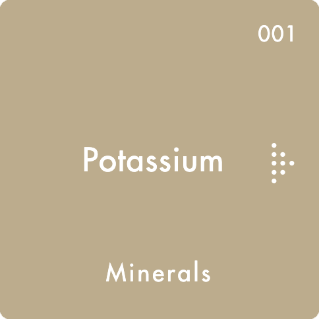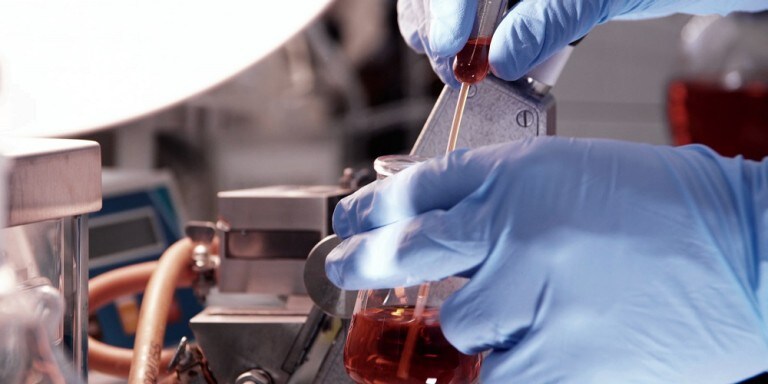
Health Functions
Potassium plays a role in muscular and neurological health, and the maintenance of normal blood pressure. Read More

Potassium (K) is an essential dietary mineral and electrolyte.
Potassium is necessary for the function of all living cells, and is thus present in all plant and animal tissues. It is found in especially high concentrations in plant cells, and is most highly concentrated in fruits.
Normal body function depends on tight regulation of potassium concentrations both inside and outside of cells (1).
Authored by Dr Peter Engel in 2010, reviewed and revised by Dr. Volker Elste on 15.09.2017

Potassium plays a role in muscular and neurological health, and the maintenance of normal blood pressure. Read More

A considerable beneficial link between potassium consumption and bone mineral density (BMD) in premeno-pausal, menopausal, and postmenopausal women, as well as in elderly males has been noted in four cross-sectional studies (9, 10, 11). Read More
Things to know about Potassium
A number of studies indicate that groups with relatively high dietary potassium intakes have lower blood pressures than comparable groups with relatively low potassium intakes (21). Read More
The recommended dietary allowance (RDA) of potassium is dependent on age, gender, and other factors. Read More
The average dietary intake of potassium according to European food consumption studies is in the range of 3,000 to 4,000 mg/day (26). Read More
Potassium deficiency symptoms include fatigue, muscle weakness and cramps, bloating, constipation, and abdominal pain. Severe cases can be fatal. Read More